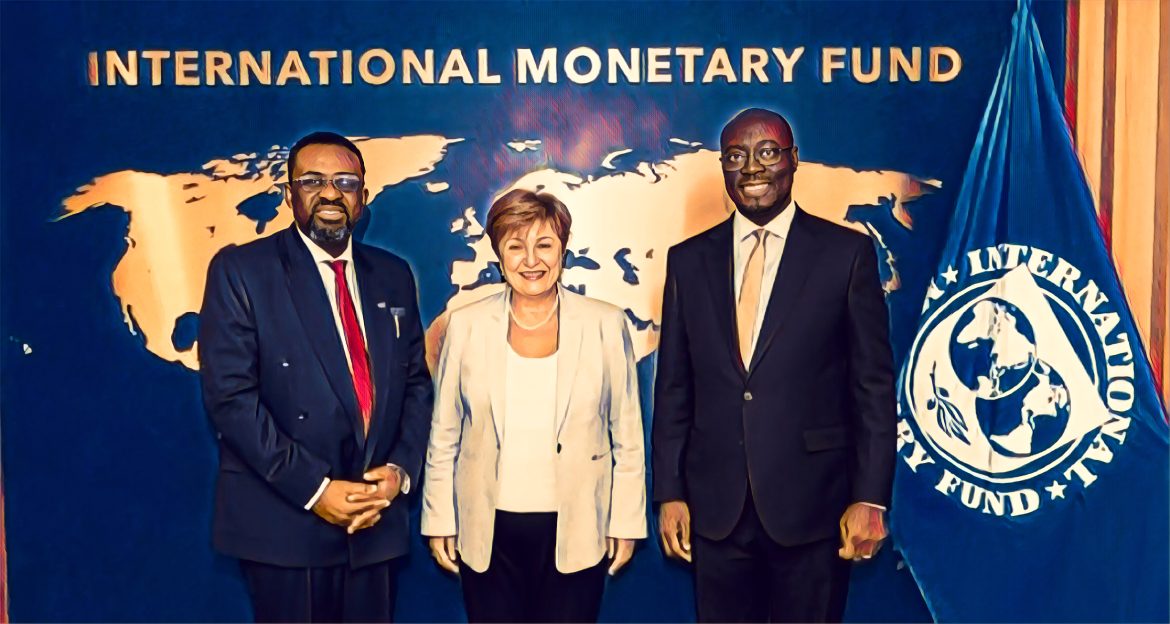KEY POINTS
- IMF staff arrive in Accra on Sept. 29 for Ghana’s 5th programme review.
- Passing the review unlocks a $360 million disbursement in October.
- Analysts worry about fiscal risks post-programme; govt says safeguards are in place.
An International Monetary Fund (IMF) staff mission will arrive in Accra on September 29, 2025, for Ghana’s 5th programme review under its $3 billion Extended Credit Facility.
The exercise will assess Ghana’s performance since completing the 4th review earlier this year and comes just months before the country’s three-year programme winds down in May 2026. The final review is scheduled for April.
The 5th review carries heightened significance as some analysts fear Ghana could relax fiscal discipline once IMF oversight ends. Development partners have urged the government to build “shock absorbers” to avoid instability in 2026 and beyond.
Disbursement linked to review outcome
If Ghana passes this review, about $360 million will be disbursed in October. So far, the country has received around $2.3 billion of the programme’s approved $3 billion.
Government officials maintain there is no cause for concern, insisting that fiscal discipline measures are already in place to reassure markets post-programme.
Areas of focus for the IMF
The review will focus on Ghana’s economic data ending June 2025. Discussions are expected to cover:
- Inflation and reserve build-up sustainability.
- Audit of arrears across funds such as NHIL, GETFund, and the Road Fund.
- Weak private sector banks requiring recapitalisation, alongside state-owned banks including NIB.
- Fiscal policy shortfalls, with currency appreciation affecting revenue and expenditure.
- Adjustments needed to hit the 1.5 percent of GDP primary surplus target.
- Shortfalls in social spending.
Ghana’s IMF programme and priorities
The IMF Executive Board approved the 36-month arrangement in May 2023, worth SDR 2.242 billion (about $3 billion). The facility was designed to restore fiscal and debt sustainability, rebuild reserves, and support growth.
The programme’s priorities include:
- Restoring public finances through stronger revenue mobilisation and spending efficiency while protecting vulnerable groups. Furthermore allocations to the LEAP cash transfer and school feeding programmes have already doubled.
- Advancing structural reforms in tax policy, energy, cocoa, and public financial management.
- Curbing inflation by tightening monetary policy and maintaining exchange-rate flexibility.
- Preserving financial stability and recapitalising banks where needed.
- Encouraging private investment and job creation through broader economic reforms.




